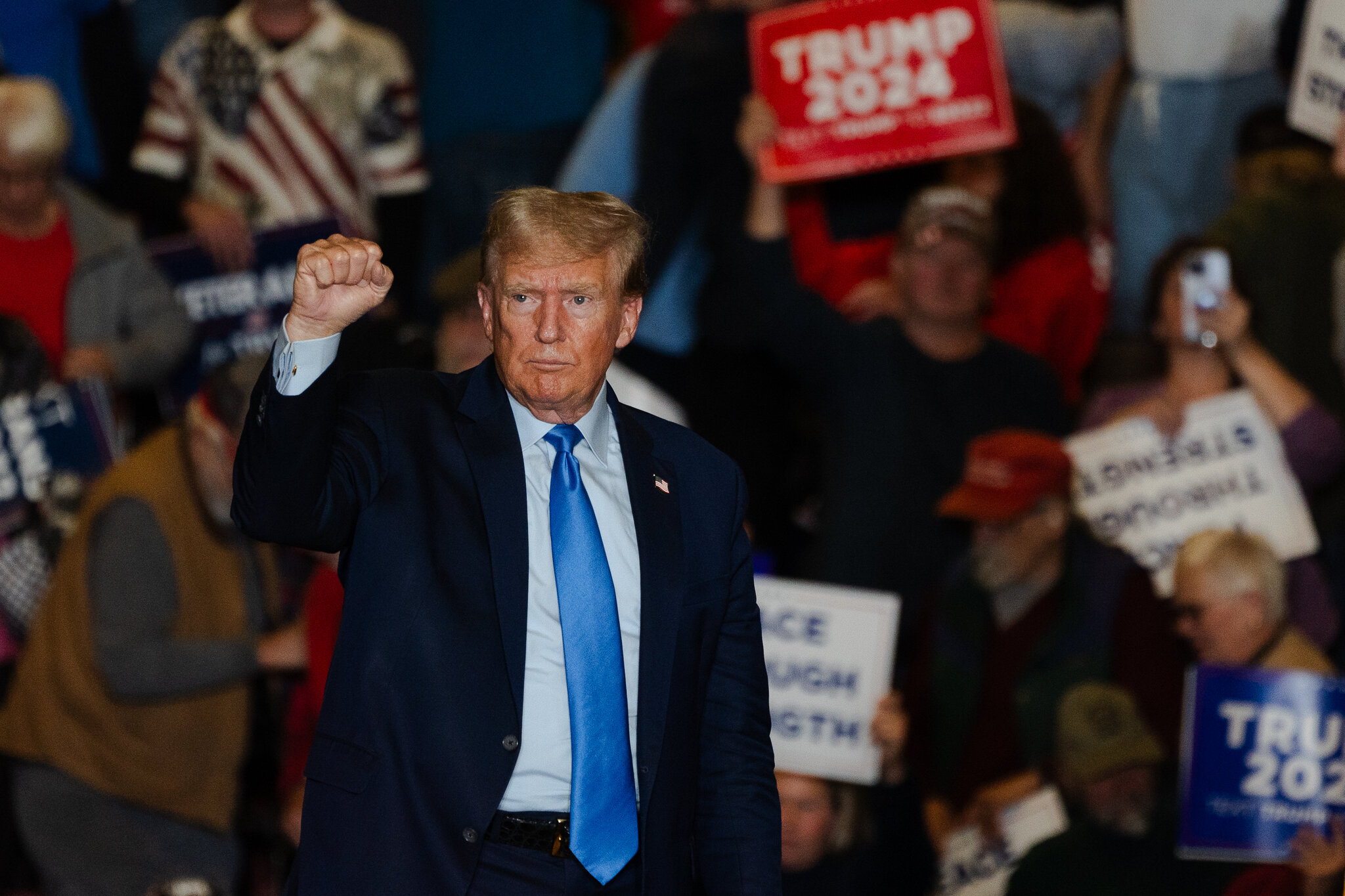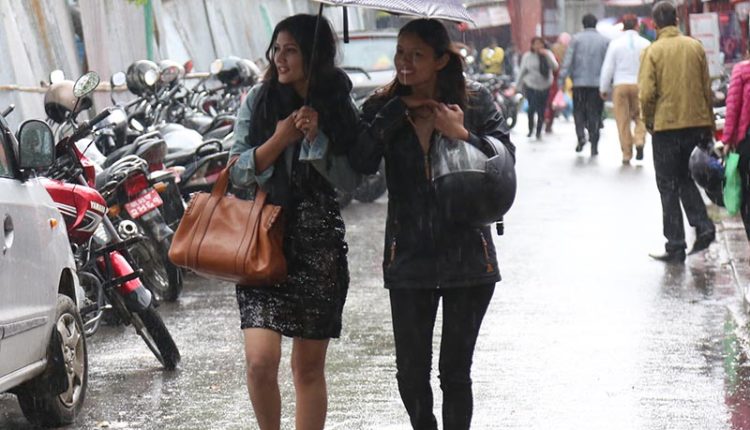| 08 November, KATHMANDU : Asked by The Wall Street Journal’s editorial board last month whether he would deploy the US military to break a Chinese blockade of Taiwan, if faced with such a crisis, Donald Trump responded: “I wouldn’t have to, because [Chinese leader Xi Jinping] respects me, and he knows I’m f— crazy.” Heading back to the White House, Trump and his signature erratic style will confront a world newly marked by geopolitical chaos, as Reuters’ Matt Spetalnick notes. Barring elusive peace deals, two wars in the Middle East and another in Ukraine will greet Trump after his inauguration. Tensions with China loom, as always. Spetalnick writes: “America’s friends and foes alike remain wary as they await Trump’s return to office in January, wondering whether his second term will be filled with the kind of turbulence and unpredictability that characterized his first four years.” Unpredictability is part of the point, Alec Russell writes in a Financial Times feature. Some view it as a central element of Trump’s approach to foreign policy. “Yet on some issues his aides say he is crystal clear,” Russell writes. “They insist that he will be ready to act with vertiginous speed to end the wars in Ukraine and the Middle East. All the while, he plans to threaten ever-higher tariffs to push America’s allies to spend more on defence and to equalise their trading relationship with the US—while also maintaining pressure on China. The audacious ‘America first’ global agenda envisaged by Trump’s allies, advisers and former—and would-be future—aides, is one in which friends and foes alike will be judged by the same simple metric: their bilateral trading surplus with the US.” |
| What a Second Trump Term Could Look LikeFor the many people who dislike Trump, his win requires a bitter readjustment. The Atlantic’s David Frum writes: “Above all, we must learn to live in an America where an overwhelming number of our fellow citizens have chosen a president who holds the most fundamental values and traditions of our democracy, our Constitution, even our military in contempt.” Many Trump critics fear his second administration will be much wilder and less constrained than his first. As Peter D. Feaver wrote in a Foreign Affairs essay, Trump will no longer be surrounded by establishment aides seeking to blunt his impulses. The New Yorker’s Susan Glasser warns of big changes: “Already, one of Trump’s transition chairs, the billionaire Howard Lutnick, has said publicly that jobs in a new Administration will go only to those who pledge loyalty to Trump himself. Having beaten off impeachment twice, this second-term Trump will have little to fear from Congress reining him in, either, especially now that Republicans have managed to retake control of the Senate. And the Supreme Court, with its far-right majority solidified thanks to three Trump-appointed Justices, has recently granted the Presidency near-total immunity in a case brought by Trump seeking to quash the post-January 6th cases against him.” Trump has indicated a desire to hound his political opponents, and warnings of a Trumpian Judgment Day are chilling. The New York Times editorial board warned explicitly to take Trump at his word. Set against that alarm is the impression, or hope, that Trump might not be serious. In a Foreign Affairs interview, Stanford political historian Stephen Kotkin remarks: “[Y]es, it’s worrisome to hear rhetoric that is expressly antidemocratic, but some of that rhetoric is about stirring the pot, driving the other side into a frenzy, and whipping up your side, especially in this social media age.” Either way, Trump has won a mandate. Unbelieving critics could disregard his 2016 election as a fluke, but a second election and a majority in the popular vote reveal the breath of his support undeniably. Trump’s victory “marks a new era for the US and the world, reflecting a sharp rightward lurch in the American electorate, which has not only embraced Trump’s brand of demagoguery, but also his ‘America First’ nationalist agenda,” James Politi and Stefania Palma write in the Financial Times. “Trump will now feel vindicated to press ahead with plans that he has laid out throughout the campaign: high tariffs on a vast swath of imports, more confrontational relationships with traditional US allies and a massive crackdown on illegal immigration.” |
































+ There are no comments
Add yours